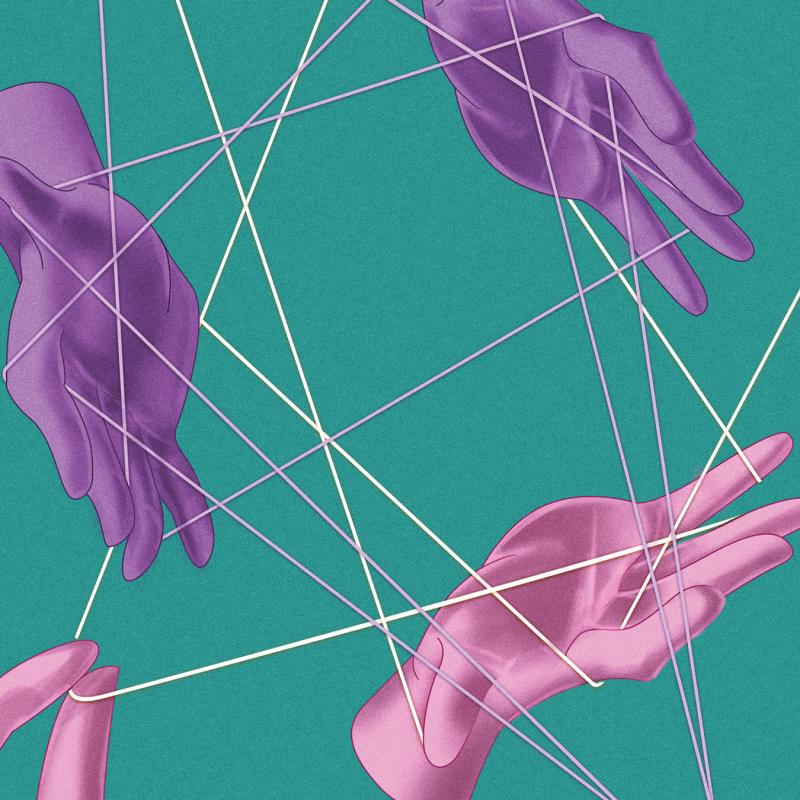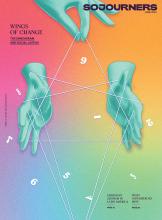IN 2011, I took a course at my Christian college about the personality type system known as the Enneagram.
The Enneagram is a system built around nine personality types, with each type providing a unique perspective on how we navigate our relationships, emotions, and the world around us. The Enneagram draws on both spirituality and psychology, which distinguishes it from many other personality indicators.
A primary question that emerged for me from that college class: Does the inner work that the Enneagram encourages manifest itself in the outer world through justice work, or is the Enneagram primarily a tool meant to encourage people to focus on individual healing, career, and spirituality?
Throughout history, questions about how and why each human has a unique set of behaviors, motivations, emotions, and cognitions have preoccupied philosophers, psychologists, sociologists, religious thinkers, and Buzzfeed quiz creators alike. Indeed, in the 21st century, “know thyself” is less of a thought-provoking ancient Greek aphorism and more of a cultural imperative lauded by the self-help industrial complex and career coaches. We are assured that by unlocking our “true selves,” we will ultimately be unlocking our true potential, which will drastically improve our fortunes.
But the Enneagram was never meant to simply measure our potential or provide a definitive answer to the question of human personality. This is contrary to some of the most popular personality indicators such as Myers-Briggs or CliftonStrengths (formerly StrengthsFinder), which became popular because they promised to help employers tap into human potential and productivity. The Enneagram originated as a tool for contemplation but has come to emphasize how self-growth and inner work prepare us for the outer work of building community.
daniels.enneagram.inline1.jpg

In their book The Enneagram: A Christian Perspective, Catholic priest Richard Rohr and Lutheran minister Andreas Ebert point to a 4th-century Christian Desert Father, Evagrius Ponticus, as the first to use, loosely, the nine-pointed symbol to highlight vices that he believed interrupted one’s inner peace and relationship with God. But it wasn’t until the 1970s that Chilean psychiatrist Claudio Naranjo, inspired by a theory originated by Bolivian philosopher Oscar Ichazo, used modern psychology to develop a theory of nine distinct personalities — or “enneatypes” — that highlighted the vices, virtues, and core motivations of each type.
The Enneagram is sometimes treated as just another personality test that can help us purchase the things that “match” our personalities, find romance, or unlock our “true potential” so we can make more money — part of our culture’s obsessive focus on self-improvement. But at its best, the Enneagram not only emphasizes making peace with yourself and a higher power, it also offers tools for learning how to be in community and build a more just society.
To help me sort through my questions, I interviewed three Enneagram experts: Chichi Agorom, an associate faculty member with The Narrative Enneagram and author of The Enneagram for Black Liberation; Jessica Denise Dickson, a life empowerment coach and Enneagram guide who uses the Enneagram in anti-racist workshops; and Abi Robins, a queer, trans Enneagram teacher, coach, and author of The Conscious Enneagram. Their responses have been edited for length and clarity. — Josiah R. Daniels
Read the Full Article

